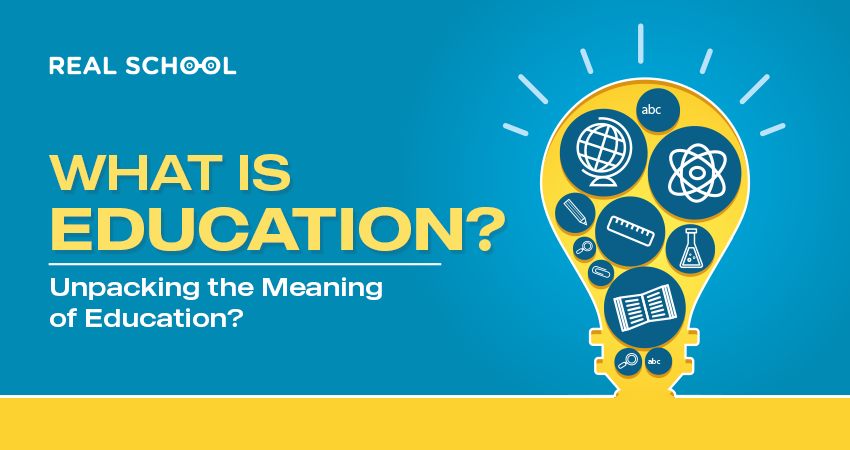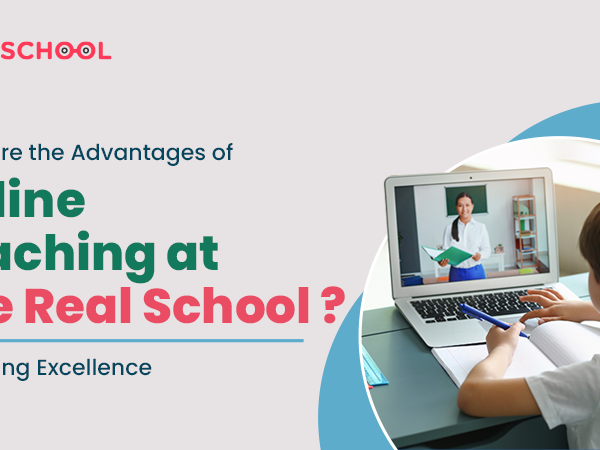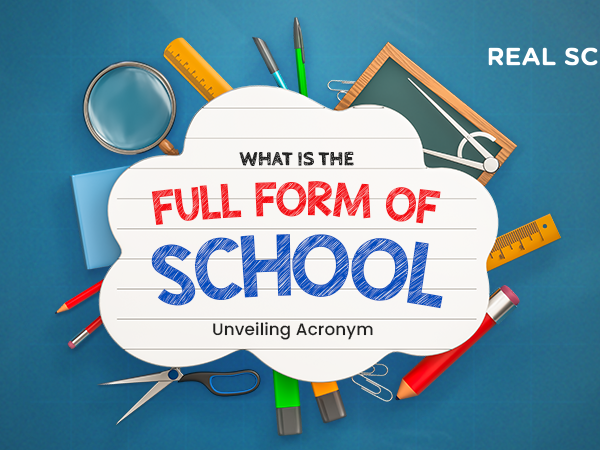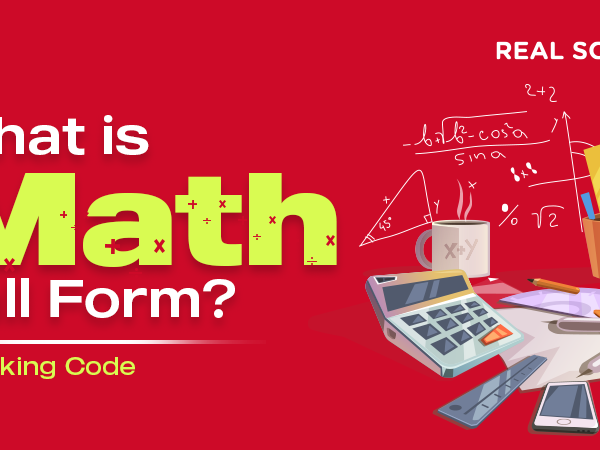In the fabric of societal progress, education stands as the cornerstone, weaving the threads of knowledge, skills, and values that shape individuals and communities. The meaning and purpose of education have evolved over time, reflecting the changing needs and aspirations of societies. In this exploration “What is Education?”, we delve into the multifaceted concept of education, unraveling its layers to understand its profound impact on personal and societal growth.
What is Education!!
Traditional views:
- Knowledge acquisition and skill development: Historically, it has been synonymous with the acquisition of knowledge and the development of practical skills. This perspective emphasizes the transmission of information from teachers to students, laying the groundwork for informed citizenship and skilled professionals.
Modern perspectives:
- Holistic development and lifelong learning: Contemporary views expand the notion of education to encompass holistic development, recognizing the importance of nurturing emotional intelligence, creativity, and critical thinking. It is increasingly seen as a lifelong journey, extending beyond formal academic settings to include continuous learning in various contexts.
The dynamic nature of education in adapting to societal changes: It is dynamic, mirroring the societal changes it serves. As the world evolves, so does the definition of education. It adapts to cultural shifts, technological advancements, and the ever-expanding understanding of human potential.
What is Education – Pillars, Goals & Roles of Educators
The Pillars of Education
Formal education: Classroom-based learning and academic institutions: The conventional structure of formal education involves classroom-based learning within academic institutions. It provides a structured curriculum, standardized assessments, and recognized certifications. Formal education remains a foundational pillar, shaping the educational landscape.
Informal education: Experiential learning, self-directed learning, and everyday experiences: Informal education occurs outside formal settings, encompassing experiential learning, self-directed exploration, and the lessons drawn from everyday experiences. It recognizes the value of learning through diverse encounters, fostering a more holistic understanding of the world.
Non-formal education: Skill-building programs, workshops, and community-based initiatives: Non-formal education bridges the formal and informal realms, offering skill-building programs, workshops, and community-based initiatives. It caters to specific needs, providing practical knowledge and hands-on experiences beyond traditional academic settings.
The Goals of Education
Empowering individuals for personal and professional success: It serves as a catalyst for personal and professional success, empowering individuals to navigate life’s challenges with confidence and resilience. It equips them with the skills and knowledge needed to pursue their goals.
Fostering critical thinking, creativity, and problem-solving skills: Beyond imparting facts, it nurtures critical thinking, creativity, and problem-solving skills. These cognitive abilities are essential for individuals to adapt to changing circumstances, contribute meaningfully, and innovate in various spheres of life.
Promoting social cohesion and responsible citizenship: It plays a pivotal role in fostering social cohesion and nurturing responsible citizenship. It instills values, ethics, and a sense of civic duty, contributing to the creation of informed and engaged members of society.
The Role of Educators
Shaping minds and inspiring lifelong learners: Educators play a crucial role in shaping minds and inspiring a love for learning. Their influence extends beyond the classroom, as they guide students to become lifelong learners who embrace curiosity and intellectual exploration.
Nurturing diverse talents and recognizing individual potentials: Recognizing and nurturing diverse talents is a hallmark of effective education. Educators strive to create inclusive environments that celebrate individual potentials, fostering an atmosphere where every student can thrive.
Adapting teaching methodologies to cater to varied learning styles: Successful educators recognize the diversity of learning styles among students and adapt their teaching methodologies accordingly. This flexibility ensures that educational experiences resonate with a broad range of learners, enhancing comprehension and retention.
Also Read: How Do You Start Homeschooling For Your Child?
The Impact of Technology on Education
Enhancing accessibility and democratizing education: Technology has revolutionized it by enhancing accessibility and democratizing learning opportunities. Online platforms, digital resources, and interactive tools have made it more accessible to individuals worldwide, breaking down geographical barriers.
Challenges and opportunities in integrating technology into education: While technology brings opportunities, it also poses challenges, such as the digital divide and concerns about screen time. Striking a balance and leveraging technology effectively are crucial aspects of integrating it into education.
The evolving role of educators in a technology-driven educational landscape: Educators now navigate a technology-driven landscape, requiring them to adapt and incorporate innovative tools into their teaching methodologies. The human element remains central as educators guide students in effectively utilizing digital resources.
Challenges in Education
Disparities in access to quality education: Disparities in access to quality education persist globally. Socioeconomic factors, geographical location, and systemic inequalities contribute to educational disparities. Addressing these challenges is essential for creating a more equitable educational landscape.
Addressing diverse learning needs and creating inclusive environments: Recognizing and addressing diverse learning needs is a continuous challenge in education. Creating inclusive environments that accommodate various learning styles and abilities contributes to a more supportive and enriching educational experience.
Navigating through changing global dynamics and educational paradigms: The rapidly changing global landscape poses challenges to traditional educational paradigms. Adapting to evolving societal needs, technological advancements, and global interconnectedness requires a proactive and flexible approach in education.
The Future of Education
Trends in educational technology and online learning: The future of education is closely tied to technological advancements and the continued growth of online learning. Virtual classrooms, interactive simulations, and artificial intelligence are expected to play pivotal roles in shaping the educational landscape.
Emphasizing skills for the future job market: As the job market evolves, education must place a strong emphasis on equipping students with skills relevant to the future. Critical thinking, adaptability, digital literacy, and collaboration are increasingly becoming core skills for success in diverse professions.
The importance of continuous learning in the face of rapid societal changes: Continuous learning is emerging as a cornerstone for individuals navigating rapid societal changes. The ability to adapt, upskill, and embrace lifelong learning is becoming integral to staying relevant in an ever-changing world.
Education and Personal Growth
Beyond academic achievements: Character development and emotional intelligence: It extends beyond academic achievements, encompassing character development and emotional intelligence. The values instilled through it contribute to individuals’ ethical decision-making, empathy, and overall well-being.
The lifelong journey of self-discovery through education: It is a lifelong journey of self-discovery. It provides individuals with the tools to explore their interests, passions, and potential, fostering a continuous process of self-reflection and personal growth.
Transformative moments and experiences that shape individuals: It is marked by transformative moments and experiences that shape individuals. Whether through a profound teacher-student connection, exposure to diverse perspectives, or overcoming academic challenges, these moments contribute to personal development.
Conclusion
In synthesizing the multifaceted meaning of education, we recognize it as a dynamic force that extends far beyond the confines of classrooms. It is a journey of exploration, enlightenment, and empowerment—an enduring process that shapes individuals and societies. It, in its truest form, is not merely about acquiring knowledge; it’s about fostering a love for learning, cultivating critical thinking, and preparing individuals to contribute meaningfully to the world.
Know more from the expert for your child education – The Real School
FAQs
Q1: How has technology impacted the traditional education system?
A: Technology has revolutionized it by enhancing accessibility, introducing online learning platforms, and creating new opportunities for interactive and personalized learning experiences.
Q2: What skills are crucial for success in the future job market?
A: Skills such as critical thinking, adaptability, digital literacy, and collaboration are increasingly important for success in the future job market, reflecting the evolving nature of professions.
Q3: How can educators address diverse learning needs in the classroom?
A: Educators can address diverse learning needs by recognizing individual learning styles, employing varied teaching methodologies, and creating inclusive environments that accommodate different abilities.
Q4: What role does informal education play in personal development?
A: Informal education, including experiential learning and self-directed exploration, contributes to personal development by providing real-world experiences, fostering curiosity, and nurturing a lifelong love for learning.
Q5: How can education contribute to responsible citizenship?
A: It contributes to responsible citizenship by instilling values, ethics, and a sense of civic duty. It empowers individuals to engage thoughtfully in societal issues and actively contribute to positive change.
Also Read: What is a Montessori Preschool Program?







